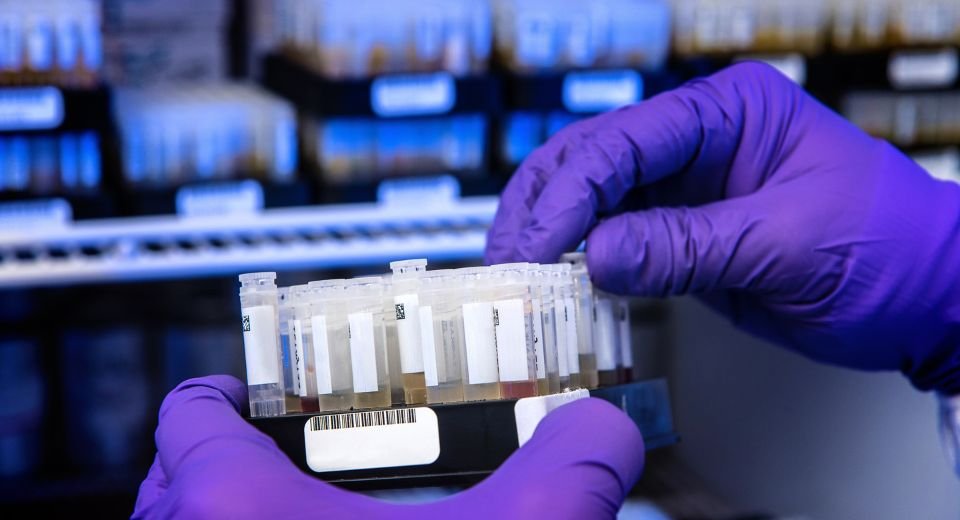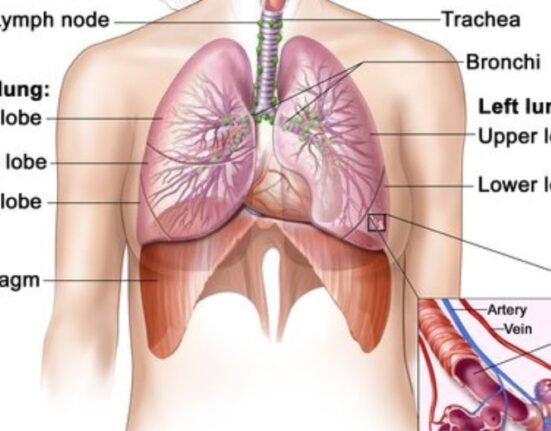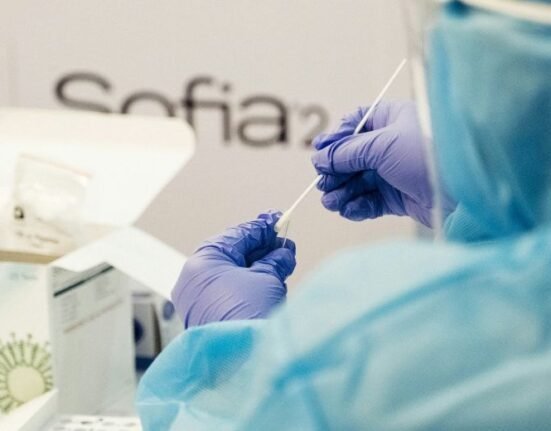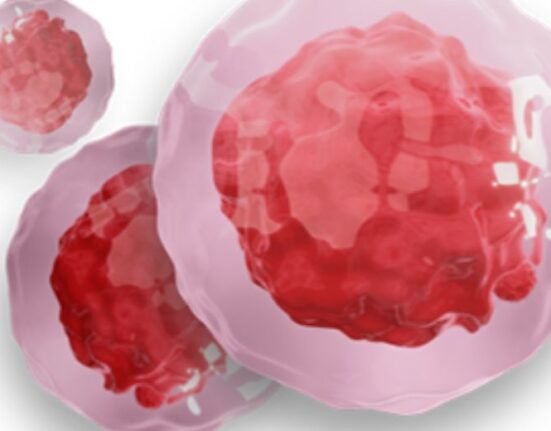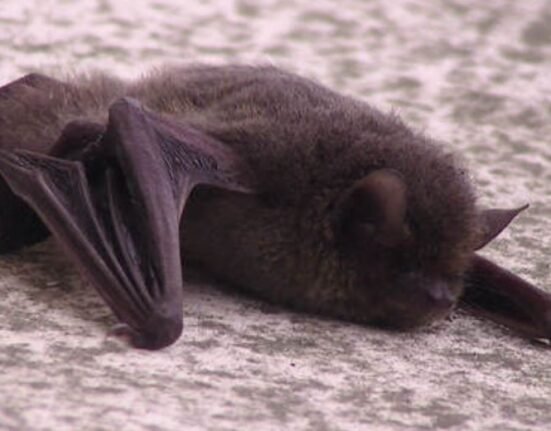HQ Team
April 19, 2023: Swedish researchers have redesigned human antibodies to signal the immune system to fight the COVID-19 virus and open up a possibility for new treatments.
Researchers from Lund University, said antibodies used to treat covid infection during the pandemic have been so-called “neutralizing” antibodies that prevent the virus from infecting the cell.
As the virus mutates, the ability of these antibodies to bind to the virus gets lost, and so does their protective effect.
Swedish researchers focused instead on antibodies that can tag the virus to be eliminated by the immune systems, patrolling immune cells, a process called opsonization.
“There is often talk about wanting to neutralize viruses by preventing them from binding to the body’s cells,” said Pontus Nordenfelt, associate professor and researcher in infectious medicine who led the study.
Opsonization
“It can work well, but we also want to trigger the immune system’s ability to remove the virus, which can be done through opsonizing antibodies that mark the virus so it can be eliminated.”
During opsonization, foreign materials in the body which can be dangerous, such as bacteria and viruses, are marked so the immune system can remove them.
Antibodies are one of the most important of the so-called opsonins in the body, and once they have bound to the foreign particle, the white blood cells will eliminate the “threat” the antibodies have marked.
They tested the modified antibodies in humans and mice.
Monoclonal antibodies come from a single clone and are grown in the laboratory in cells for treatment or diagnostics for various diseases.
Strong immune response
The researchers modified eight such opsonizing monoclonal antibodies by replacing the parts that signal the immune system to respond.
Then it was investigated whether different combinations of the antibodies such as IgG1, IgG2, and IgG3, could improve their function. The study showed a much stronger immune response.
“Our preclinical results with human immune cells from donors suggest that a cocktail of these IgG3 antibodies could have a potent clinical effect against SARS-CoV-2 and its variants where vaccines do not provide optimal protection”, says Arman Izadi, first author of the study.
The monoclonal antibodies the researchers designed can also bind to several sites on the same spike protein. This improves the possibility of protection.
“The strongest effect, we see with our cocktails is probably explained by the fact that there are more antibodies in different places of the spike protein that “wave” to immune cells and show where the virus is, Dr Izadi said.
New COVID-19 treatments
The effect was greatest and most pronounced with IgG3 cocktails and not with a cocktail of the original IgG1s. “This speaks even more to the fact that IgG3-modified antibodies are promising for treatment,” he said.
The researchers have access to many antibodies against SARS-CoV-2, of which eight are of the IgG3 type.
The next step in the research was to investigate whether these bind to and protect against the latest virus variants.
“This way of designing the antibodies to enhance their signaling ability opens new ways to treat SARS-CoV-2 infections.
“We already have promising data, and should this work as we think, an antibody can be developed to protect against all variants of SARS-CoV-2. Even future variants of the virus”, said Mr Nordenfelt.
Nordenfelt, Wael Bahnan, and Arman Izadi have applied for a patent concerning the modified antibodies described in the article through a company, Tanea Medical AB.


